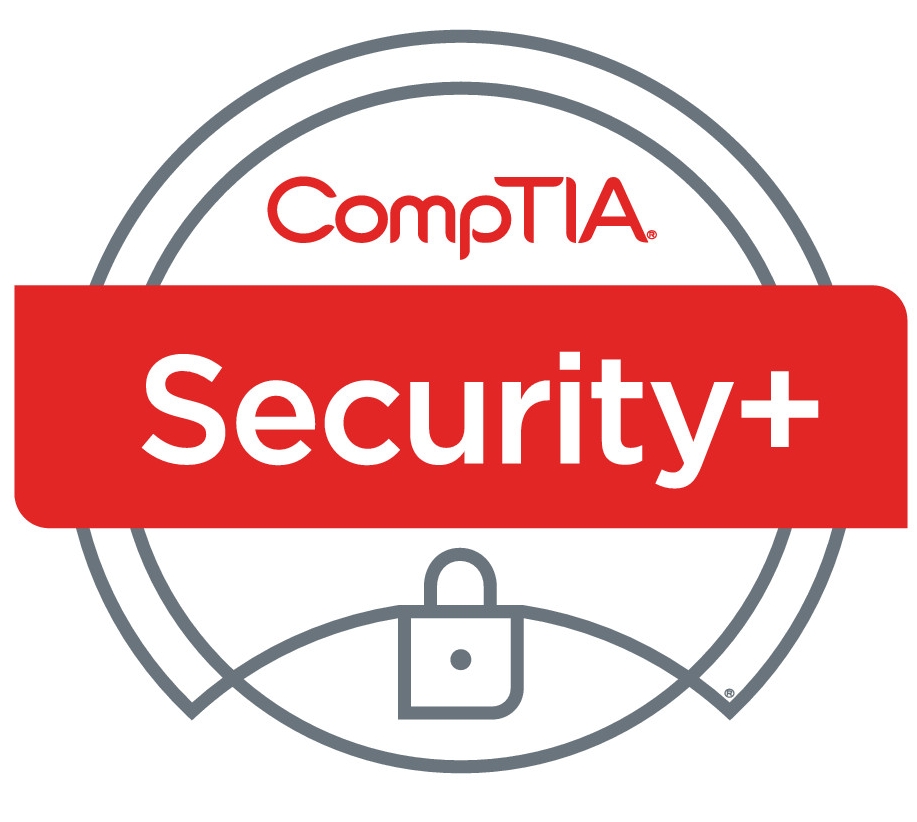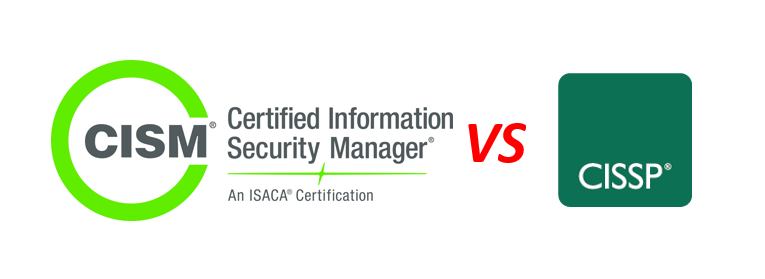 There are many roles you can take in a cybersecurity career
There are many roles you can take in a cybersecurity career
Be a key performer on any team. Start your career path in cybersecurity.
One of today’s most in-demand and lucrative fields, cybersecurity (or infosec, as it’s sometimes called) can let you protect key data, undermine international espionage, catch cyber criminals, and stay on the front lines of technology. Plus, you can earn a top-performer’s salary and enjoy a range of interesting career opportunities.
Of course, like any career, cybersecurity has its challenges, threats, and areas for growth. If technology is in your blood, however, it may be your best career choice.
Let’s take a look at what cybersecurity is, the state of the infosec job market, cybersecurity across industries, careers in the field, and educational opportunities to help you get started.
What is cybersecurity?
Cisco defines cybersecurity as “the practice of protecting systems, networks, and programs from digital attacks.” A company, financial institution, or government organization that wants to protect its data from hackers and inadvertent leaks uses multi-layered digital security systems to protect its information. Those systems need engineers, maintenance technicians, penetration testers, managers, and other professionals to ensure they work properly.
Infosec is an increasingly in-demand field thanks to the volume and value of personal and corporate data companies hold. It’s now a major component of national defense, financial regulation, and customer confidence. As the Department of Homeland Security reports, “Our daily life, economic vitality, and national security depend on a stable, safe, and resilient cyberspace. Cyberspace and its underlying infrastructure are vulnerable to a wide range of risk stemming from both physical and cyber threats and hazards.”
Is information security a good career?
The infosec industry will grow at a rate of 28 percent between 2016 and 2026 according to the U.S. Bureau of Labor Statistics (BLS). That’s four times as fast as the average growth rate for all occupations. The current median salary stands at $92,600 per year, nearly 300% above the national average.
Infosec isn’t just growing in the United States, either. India expects to see 12-15 percent year-over-year growth until 2021, and the European cybersecurity market is experiencing 8 percent annual growth.
What industries can I work in?
As a cybersecurity professional, you could work in one of a range of industries, such as:
- Energy Sector – Energy delivery depends on safe and free cyber-delivery systems. For the energy sector, cybersecurity focuses on three areas: preparedness, disaster response and recovery, and the research and development of new systems.
- Banking Industry – Operating in a highly regulatory environment, banks face threats from malicious criminals, a widening landscape of security weaknesses, concerned customers, and government agencies overseeing them.
- Federal Government – The United States’ government spends about $28B per year on cybersecurity. The Department of the Interior consumes the most of any agency since it oversees telecommunications, hosting, and end-user services. All security personnel who work for the federal government and have access to the Department of Defense system must complete cybersecurity certification courses that are approved for DoD 8570/8140.
- Cybersecurity Law – Lawyers can specialize in data protection and information security. They provide counsel on data security and related contracts as well as handle liability resulting from breaches.
- Utilities – The safety of our nation’s water, electricity, and power utilities may be absolutely paramount. Consider the damage a hacker could do by cutting off power to a water plant or a gas refinery.
What kind of jobs are available in cybersecurity?
Cybersecurity specialists can work in many different positions ranging from entry-level cybersecurity jobs like information technology auditors to high-level information security managers.
- Internal auditors assess risks and use what they learn to determine if a data security system is efficient and effective.
- Computer network security administrators check for security violations, keep protective software up-to-date, and defend against cyberattacks.
- IT security consultants design and improve systems that guard data. These consultants also create emergency plans in the event of security or data breaches. Most IT security consultants have certification through the International Association of Professional Security Consultants.
- Information assurance engineers manage information storage and processing in compliance with policies and relevant laws. They may also address security violations.
- Information security analysts are the boots-on-the-ground team members who put security strategies in place. They keep an eye out for security risks or breaches as well as keeping their organization’s infosec technology current.
- Information security managers have full responsibility for internet security. They run checks to help prevent identity theft or corruption of data.
Nearly all of these positions require at least one – and often more than one – cybersecurity certification.
How can I get started in cybersecurity?
The infosec industry is still young and fresh. While increasing numbers of schools offer associate, bachelor’s, and even master’s degrees in infosec fields, professional certification and not academic achievement remains the industry standard.
- What certifications are required?
 The Security+ certification is a great step towards a cybersecurity career
The Security+ certification is a great step towards a cybersecurity career
For people with some IT background, CompTIA Security + is the best certification to start with. It can fill in any knowledge gaps and integrate well with past experience. If you plan to go into offensive cybersecurity, the next specialization would be CEH (Certified Ethical Hacker) training in order to do penetration testing and white hat hacking. For a defensive career track, CHFI (Computer Hacking Forensics Investigator) is the best place to start. Interested in management? Try the Certified Information Systems Security Professional (CISSP) track.
- What are the key steps to getting certified?
There are three key steps to certification.
- Assess your skills in cybersecurity. Will you be an asset to a company? If so, in what role? Do you think your skills need to be enhanced? This step can help direct you toward the certification option that is right for you.
- Enroll in a qualified course with an exam pass guarantee. By studying for the exam, you greatly increase your chances of passing it. Plus, if you have an exam pass guarantee, you can take any extra time you need without driving up your expenses.
- Pass the exam. Once you’re ready, take the appropriate exam. When you pass, you are automatically certified.
Earning a bachelor’s degree, preferably in a computer, engineering, or math-related field, is almost always a good idea, too. If you do not want to go to college or already have a degree in another field, never fear. It’s just easier to start with a bachelor’s degree.
- Where do I look for a cybersecurity job?
Whether done online or in-person, networking is a great way to meet hiring managers, show your skills, and connect with others in the field. You can enter competitions or apply through job boards like www.indeed.com or www.USAjobs.gov. The Department of Homeland Security also offers information on infosec jobs within its agency and throughout the federal government. Given the massive shortfall of qualified cybersecurity professionals, you probably won’t be looking anywhere for long.
Final Thoughts
Cybersecurity is a fast-growing, lucrative field that needs new professionals. Whether you are just graduating, have a background in IT fundamentals, or are seeking a career change, a cybersecurity certification can get you started in a fascinating new career.













